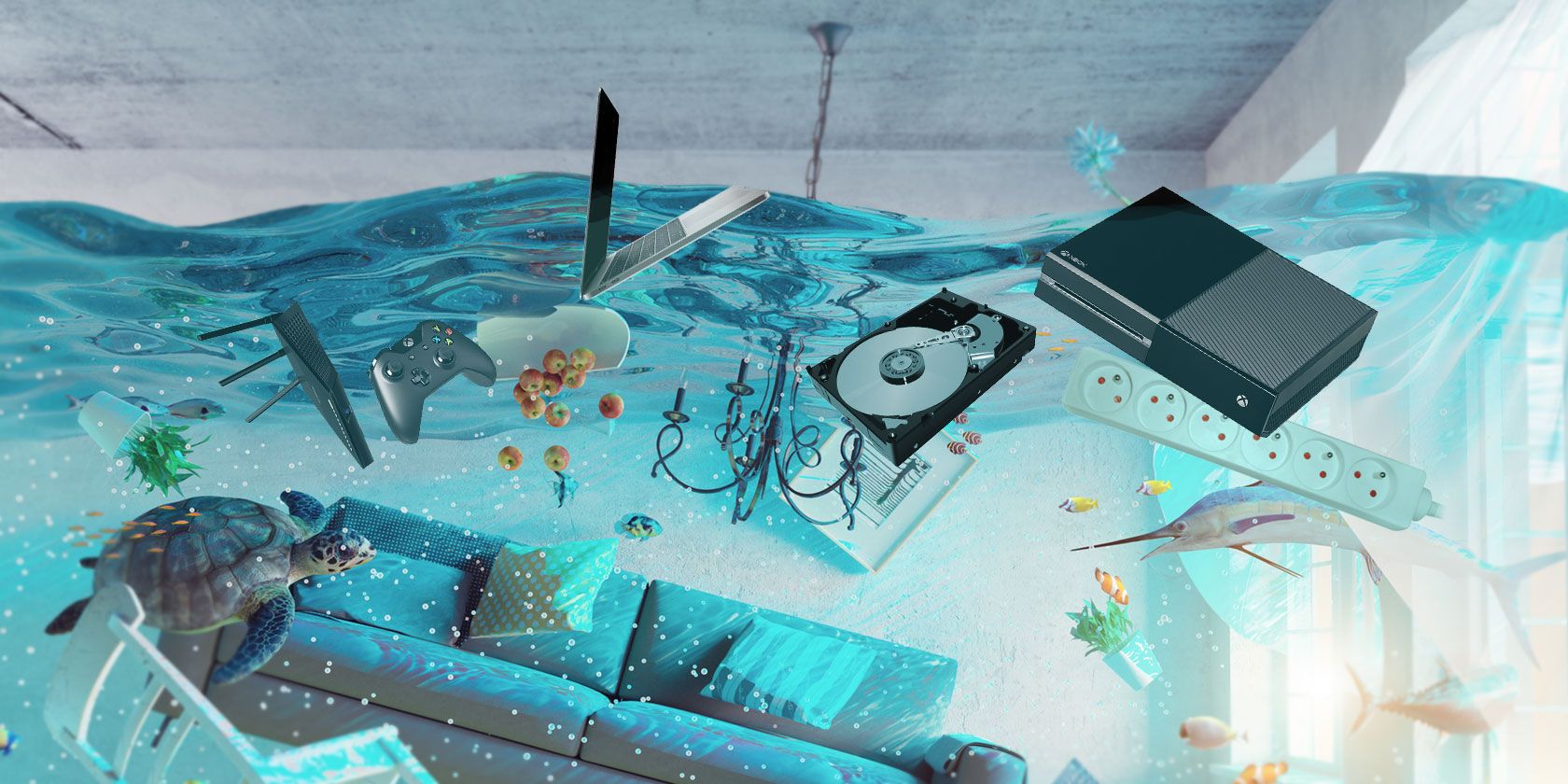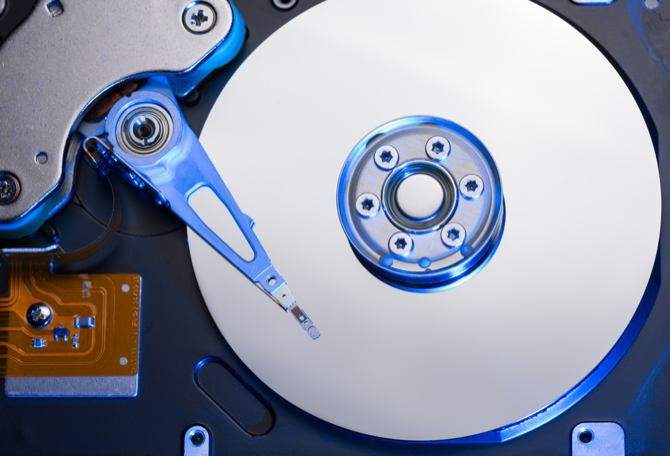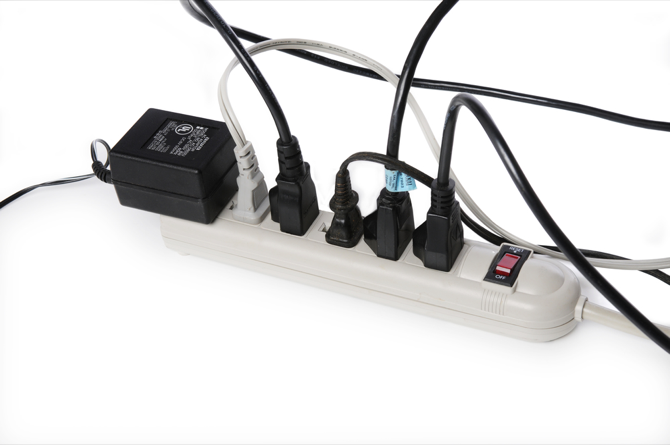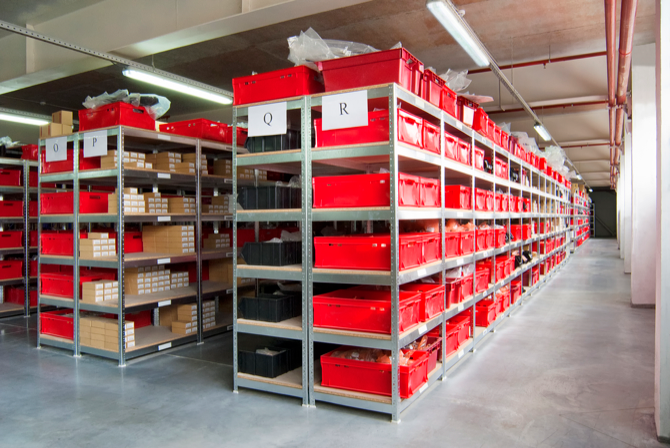With a recent deluge of floods around the world, many people are trying to figure out how to minimize water damage in their homes. In addition to protecting your home, you'll want to protect your valuable possessions. And in many cases, electronics are some of the most valuable items we own.
Which is why we've gathered seven tips for protecting your electronics from flood damage. There's no way to guarantee that your devices won't be damaged, but you can significantly improve their chances by following these steps.
Note: Your own safety is more important than your Kindle, phone, or computer. Read the Red Cross Flood Safety page to see how you can stay safe.
1. Remember That Your Data Matters Most
Yes, losing your computer, your DSLR, or your phone would suck. But it's what's on those devices that's most important. So make sure to back everything up.
We recommend the 3-2-1 system of backups. Create three backups of everything. Use two different media to store them. And one offsite storage solution.
The easiest way to make sure your data is safe is to use an automatic, cloud-based backup solution. It'll back up everything on your computer, and you don't have to lift a finger after setup. You can get similar systems in place for your phone. You'll have to make sure your photos are backed up from your camera, though.
2. Use Leak and Flood Sensors
You're going to know if a hurricane is about to hit your house. And you'll probably be given a heads-up if a flood is coming your way. But things can happen fast. Maybe a pipe broke in your basement. Or you live in the desert, where flash floods can happen quickly.
No matter the case, being prepared will help you stay ahead of water damage. Many smart home systems include moisture sensors that will send you an alert when they detect more water than usual. This can give you enough of a head start to get back to your house before things get out of hand.
And you don't have to spend a ton of money to get one in place, either. There are plenty of options available for under $40.
Though it won't help you in a flood, a smart water valve can keep your basement from being drowned by a leak.
3. Keep Electronics Elevated
If your flood sensor goes off and you rush home to move your computer tower off the floor, you're already too late. So think ahead. Walk around your home and see how many electronics are on the floor.
There's a good chance your computer is under your desk. Your PlayStation or Xbox could be on a low shelf in your TV stand. You might leave your phone or Kindle on the floor next to your bed while it charges. You probably have a bunch of power strips laying on the ground, too.
All of these could be damaged in a flood or if you get a leak. Try to keep everything off the ground at least a couple inches. If you do find yourself in a flood situation, and you can't get your electronics out of the house, elevate them as much as possible.
4. Unplug Everything
If your home is being threatened by a flood or a leak, one of the first things you should do is to unplug everything. Some electronics can survive a bit of water if there's no power running through them.
Computers, game consoles, phone chargers, kitchen appliances, surge protectors, and everything else should be disconnected from power. This can also help keep responders safe by reducing the chance that current is running through the water (if you can completely shut off your power, that's a good idea too).
5. Store Electronics in Waterproof Containers
If you have time to prepare, you can store your electronics so the risk of water damage is decreased. Put each device in a waterproof, resealable bag, and put those bags into a waterproof container.
Obviously you'll only be able to do this if you have time to get ready, which means if you have a leak or a surprise flood, you probably won't be able to bag your devices. However, you can stay one step ahead and keep devices that you're not using in waterproof containers, just in case.
Keep extra chargers, devices you don't use regularly, and anything else that's convenient in a bin like this one:
It'll be one less thing you need to worry about if water damage becomes likely.
6. Know Where Your Smarthome Sensors Are
While leak sensors are made to detect water, your other smart home sensors might not be waterproof. Which means you're going to want to remove as many of your gadgets as possible from doorjambs, windows, and anywhere else you've installed them.
To make this easier, keep a list of where all your sensors are. Keep the list with your emergency kit. (If you don't have an emergency kit, it's time to make one!)
Now, if you need to gather your electronics quickly, you won't have to hunt around looking for your sensors.
7. Store Electronics Elsewhere (If Possible)
If your home gets hit by a flood, you may not have much time to prepare. But if you do, your best bet is to remove as many of your valuable electronics from your home as possible. Store them in waterproof containers, and move them somewhere else.
Of course, this won't always be possible. But it's the best solution you have -- so if you have time to get ready, it's worth doing. If you're being evacuated, and you're able, you can grab at least a few things to bring with you.
Stay Safe
Of course, your number one priority in a flood situation is to stay safe. No matter how valuable your electronics are, they're not worth putting yourself at risk.
Have you had to protect your electronics from water damage during a flood? What did you do? Share your stories in the comments below!
Image Credit: vicnt2815/Depositphotos




